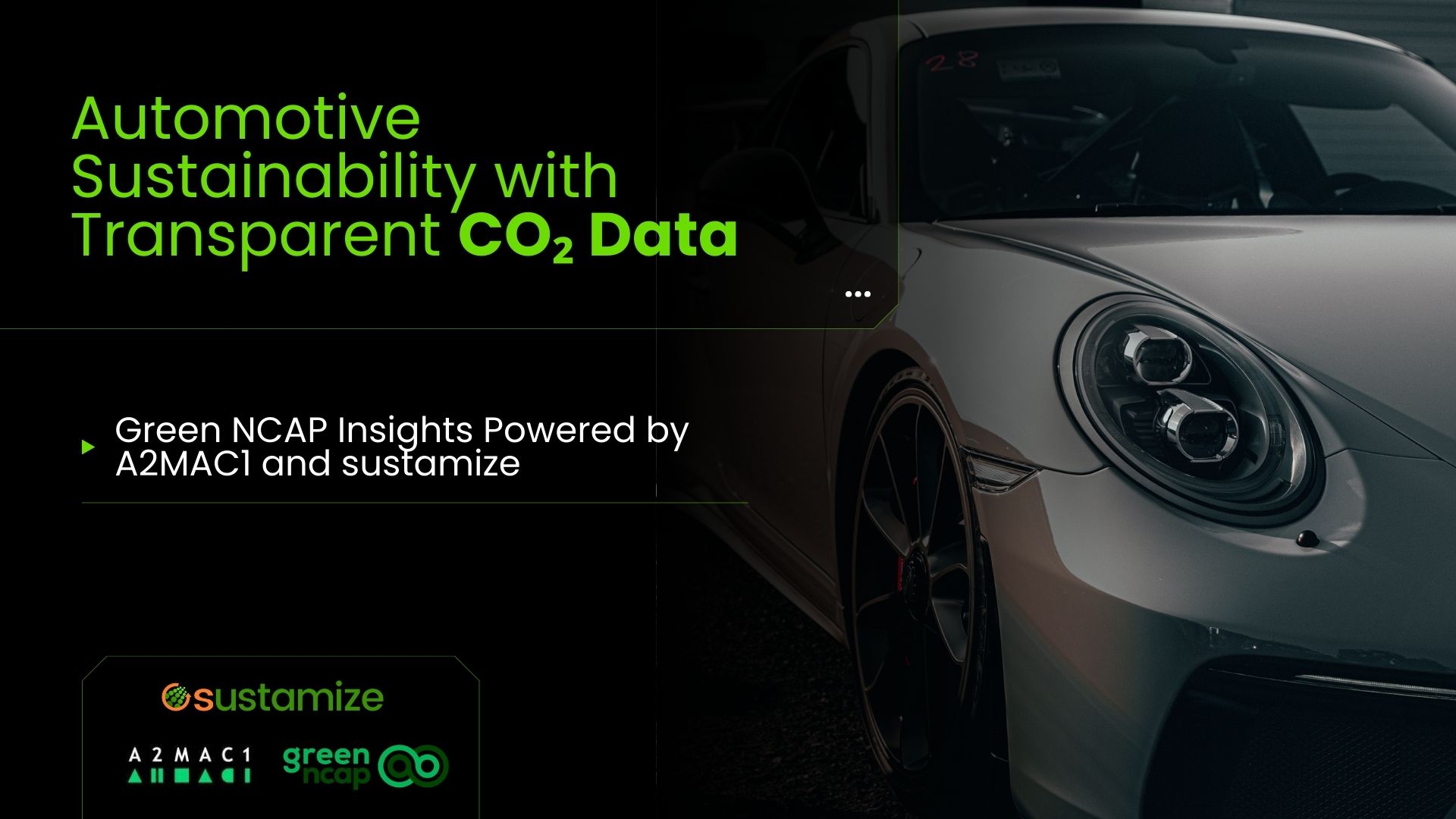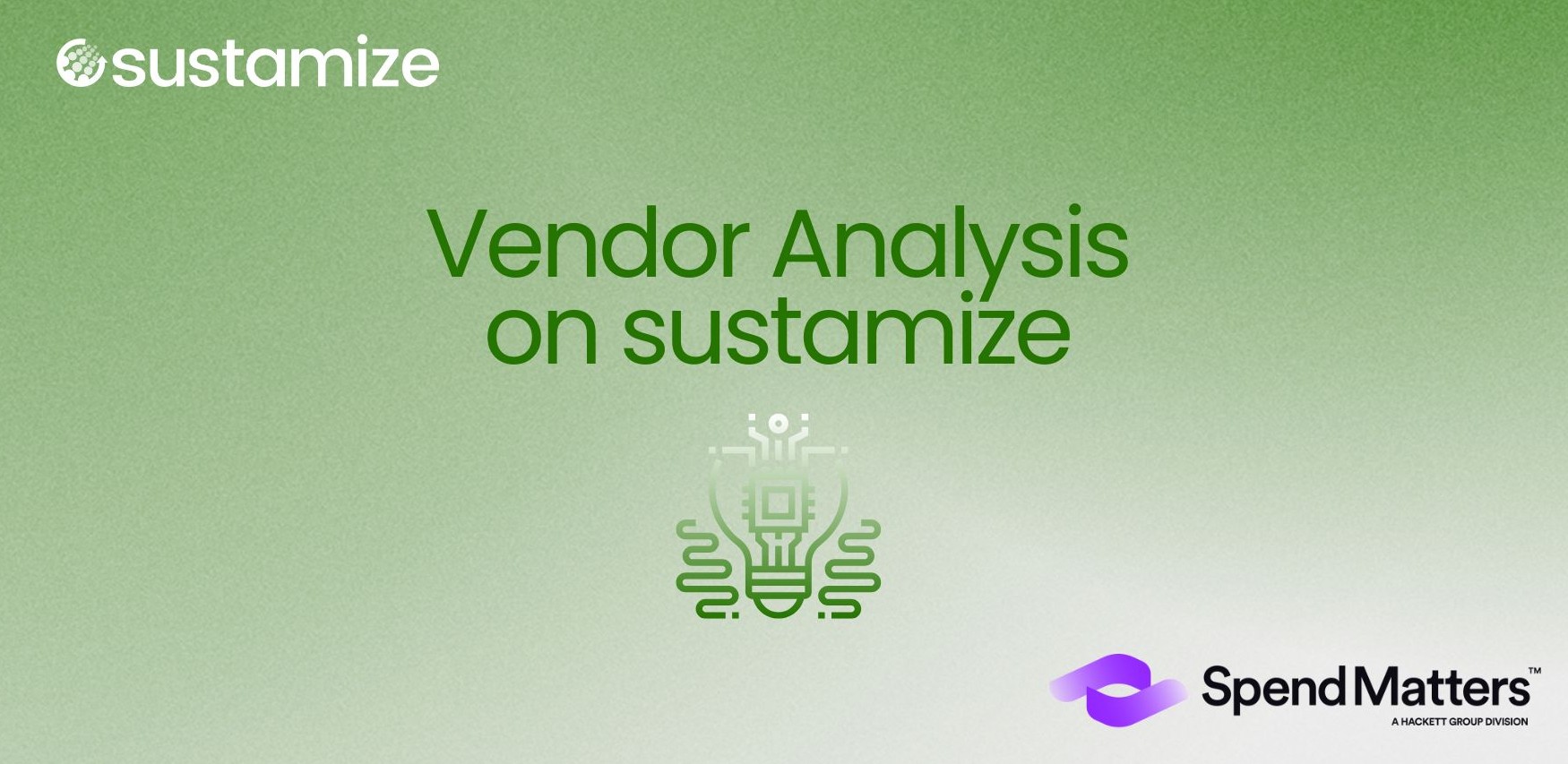Why Aren’t We Moving Forward With Drastic CO2 Reduction?
Why are some businesses and organizations still not taking concrete climate action?

In this article, we view some of the barriers slowing down climate action progress, and why some businesses and organizations still aren't taking climate action, eventhough all of the detrimental impacts of doing business as usual have been thoroughly examined, published, and established.
Taking responsibility
The impact of carbon emissions cannot be attributed directly to individual emitters, but rather is a collective result affecting the global environment as a whole. It is quite difficult to assign responsibility for this because, indeed, many can be considered responsible. From fossil fuel companies promoting it in the market (Frumhoff et al. 2015), to political institutions not doing enough to regulate, to corrupt politicians accepting the destruction of forests, to aviation and private jet companies, to supermarkets or small and medium-sized businesses selling products that end up in plastic packaging, all the way down to the waste management company, many can be held accountable for global warming, as it affects entire societies and value chains around the world. As a result, no one really chooses to take responsibility, as the intangible, long-term, uncertain and global outcome of current emissions affects everyone, and thus responsibility can easily be shifted to other members of the supply chain, causing stakeholders to point fingers at each other.
The trade-off between short-term loss and long-term benefits
As former chief executive of Univlever, Paul Polman, puts it in an article in the Financial Times: "no business leader wants people or the planet to suffer because of their value chain. But if they take action alone, they open up risks that investors will not tolerate." further explaining how the company started tackling emissions in the value chain. This illustrates a new argument that is based on uncertainty: that short-term economic loss is deemed more important than long-term transboundary environmental and social damage, when it comes to CO2-mitigation. Indeed, many businesses shy away from taking action as it requires investments and the long-term transnational benefits, intangible on a single actor level, are often considered unworthy of pursuing.
"Loss aversion", is the cognitive bias that affects decision-makers in businesses, and is the preference for avoiding losses over similar rewards. Due to this, despite potential future benefits (such as slowing down climate change), people value keeping their current way of life, assets, and economy. As a result, they resist change.
When confronted with evidence that inaction will inevitably lead to, for example, economic costs on the long-term generated by climate disasters, one can observe the "sunk-cost fallacy" cognitive bias. Because they have already committed resources, money, or time to an endeavor, people (in the case of our article, managers) often choose to continue with a chosen path even when there is evidence that the alternative is more beneficial (in this case, avoiding the economic consequences outlined above).
Companies' climate action therefore requires emissions to be quantified, comparable and translated into monetary, planetary and social loss for it to truly resonate. And conversely, climate action tackled by businesses should be translated into economic, planetary and social potential benefits.
Policy and geopolitics
Another reason why change remains slow is the lack of strong policy that has the power to push manufacturers to take responsibility for their emissions. There are policies that have been implemented and already stir change in value chains (such as by setting up the Emission Trading Systems for exampe). However, they are not enough and still have a long way to go, as policies aiming to reduce greenhouse gases vary greatly across the globe. Indeed, international policies can often be unfair, and it is argued that they impact developing countries' economies negatively compared to already flourishing developed countries', hindering their aspirations for a homogenous level of development. This brings us to the role geopolitics play in slowing down companies' climate actions.
Geopolitics affect climate action greatly. Apart from the development dichotomy already in place and mostly stemming from centuries of colonization, current geopolitical events such as the war in Ukraine put greenhouse gas emission concerns in the background. Indeed, concerns of energy sovereignty, inflation, poverty and security are propulsed to the foreground and force steps back such as generating energy from coal once again. Ironically, If greenhouse gases aren't addressed right away, a vicious cycle would arise and these problems will only worsen.
The light in the end of the tunnel
As shown by scientific evidence, global warming has already begun to affect our daily lives. All businesses and individuals are contributing and will eventually be affected by global warming, which is largely caused by CO2. Fortunately, it is not all doom and gloom, as more and more companies are taking action by reducing their carbon emissions. To do this, supply chain transparency is essential. Once it is established, companies can begin to visualize what is going right and what is going wrong with emissions.

A great start for this is to tackle manufacturers' CO2 emissions by calculating their product carbon footprint (PCF). By doing so, manufacturing companies improve transparency in the supply chain and can identify emission hotspots and levers and thereby enable product designers to propose sustainability-relevant innovations. PCF can therefore only be considered beneficial for manufacturers, both in the short and medium term (e.g., due to the adoption of stricter product regulations) and in the long term (e.g., due to risk reduction). For manufacturing companies to start measuring their CO2 emissions however, it is important have access to accurate and up-to-date data.
sustamize enables companies to optimize and manage automated product carbon footprints with the largest, accurate and up-to-date CO2 database and a unique expert-led science- and industry-based calculation approach. Feel free to contact us for more information on how you start your climate transformation.
Related to this topic: "How CO2 Causes Global Warming", "Exploring the CO2 Issue and Its Consequences", "Our Contribution to Solving the CO2 Issue"
Sources
BMUV (2022, July 18). Hitze, Dürre, Starkregen: Über 80 Milliarden Euro Schäden durch Extremwetter in Deutschland. Pressemitteilung Nr. 101/22. Access: https://www.bmuv.de/pressemitteilung/hitze-duerre-starkregen-ueber-80-milliarden-euro-schaeden-durch-extremwetter-in-deutschland
Buis, A. (October 9, 2019). The Atmosphere: Getting a Handle on Carbon Dioxide. Sizing Up Humanity's Impacts on Earth's Changing Atmosphere: A Five-Part Series. NASA. Access: https://climate.nasa.gov/news/2915/the-atmosphere-getting-a-handle-on-carbon-dioxide/
Duck Unlimited Canada (n.d). Wetlands: A Powerful Carbon Sink. Access: https://www.ducks.ca/resources/educators/wetland-carbon-sink/
EIA. (September 24, 2019). Forecast of carbon dioxide emissions worldwide from 2018 to 2050 (in billion metric tons) [Graph]. In Statista. Access: https://www.statista.com/statistics/263980/forecast-of-global-carbon-dioxide-emissions/
European Environment Agency (EEA) (2017). Key observed and projected climate change and impacts for the main regions in Europe. Access: https://www.eea.europa.eu/data-and-maps/figures/key-past-and-projected-impacts-and-effects-on-sectors-for-the-main-biogeographic-regions-of-europe-5
Frumhoff, P.C., Heede, R. & Oreskes, N. (2015).The climate responsibilities of industrial carbon producers. Climatic Change 132, 157–171. Access: https://doi.org/10.1007/s10584-015-1472-5
Germanwatch e.V. (2021). Globaler Klima-Risiko-Index 2021. Zusammenfassung. Access: https://www.germanwatch.org/sites/default/files/Zusammenfassung%20des%20Klima-Risiko-Index%202021_2.pdf
Haines, A., & Ebi, K. (2019). The Imperative for Climate Action to Protect Health. New England Journal of Medicine, 380 (3), 263–273. Access: https://doi.org/10.1056/nejmra1807873
IPCC (2005). IPCC Special Report on Carbon Dioxide Capture and Storage. Prepared by Working Group III of the Intergovernmental Panel on Climate Change [Metz, B., O. Davidson, H. C. de Coninck, M. Loos, and L. A. Meyer (eds.)]. Cambridge University Press, Cambridge, United Kingdom and New York, NY, USA, 442 pp. Access: https://www.ipcc.ch/site/assets/uploads/2018/03/srccs_chapter2-1.pdf
IPCC (2021). Climate Change 2021: The Physical Science Basis. Contribution of Working Group I to the Sixth Assessment Report of the Intergovernmental Panel on Climate Change. [Masson-Delmotte, V., P. Zhai, A. Pirani, S.L. Connors, C. Péan, S. Berger, N. Caud, Y. Chen, L. Goldfarb, M.I. Gomis, M. Huang, K. Leitzell, E. Lonnoy, J.B.R. Matthews, T.K. Maycock, T. Waterfield, O. Yelekçi, R. Yu, and B. Zhou (eds.)]. Cambridge University Press, Cambridge, United Kingdom and New York, NY, USA, In press. doi:10.1017/9781009157896. Access: https://www.ipcc.ch/report/ar6/wg1/
Ng, E. (2022, July 17). Climate change a far greater threat to global economy than Covid-19 pandemic amid rising intensity of heatwaves and floods, Swiss Re says. South China Morning Post. Access: https://www.scmp.com/business/article/3185479/climate-change-far-greater-threat-global-economy-covid-19-pandemic-amid
Swiss Re Institute (2021, April 22). The economics of climate change. Access: https://www.swissre.com/institute/research/topics-and-risk-dialogues/climate-and-natural-catastrophe-risk/expertise-publication-economics-of-climate-change.html
Umweltbundesamt (2021, October 19). Ökosysteme im Klimawandel: Artenvielfalt und Ernährung sichern | Bundesregierung. Webseite Der Bundesregierung | Startseite. Access: https://www.bundesregierung.de/breg-de/themen/klimaschutz/klimaanpassung-land-1948660
Wetzel, C. (2021, September 17). The Planet Has Lost Half of Its Coral Reefs Since 1950. Smithsonian Magazine online. Access: https://www.smithsonianmag.com/science-nature/the-planet-has-lost-half-of-coral-reefs-since-1950-180978701/



.jpg)
